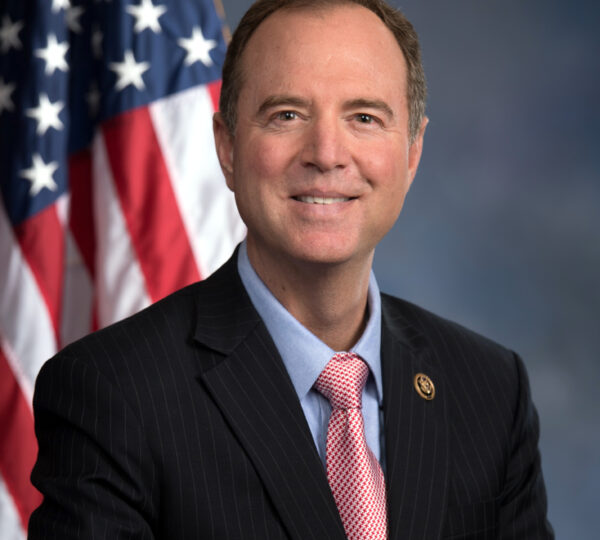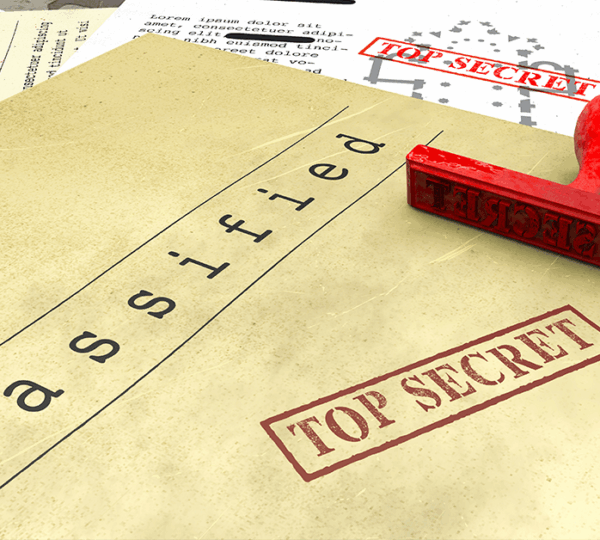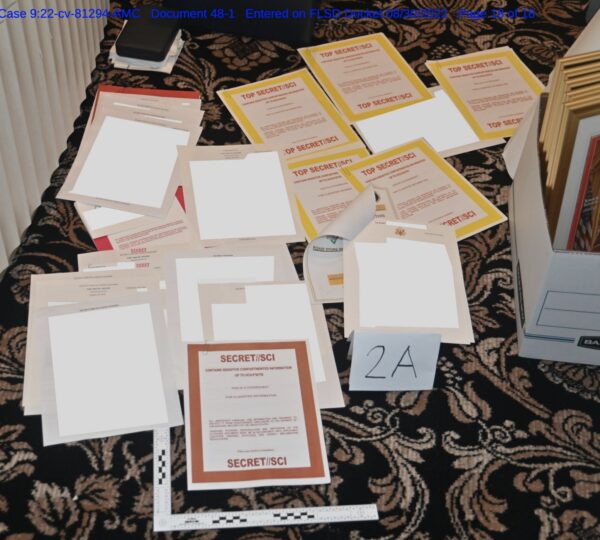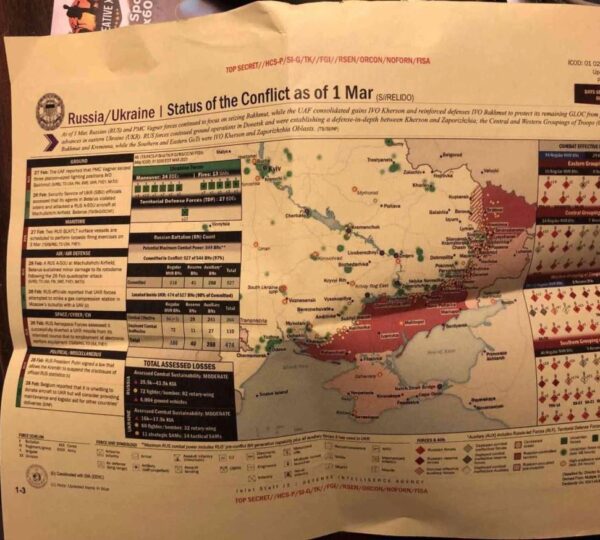In recent months, a wave of political headlines has spread rapidly across the internet, claiming that Senator Adam Schiff could face extraordinary criminal penalties, including massive financial fines and even potential prison time.
These headlines, often written to provoke strong reactions, have caused confusion among readers trying to understand what is actually happening behind the scenes. Despite how dramatic the situation may appear online, the truth requires a careful, thorough, and responsible examination of the evidence, the allegations, and what federal authorities have — or have not — officially stated.
To fully understand this story, it is important to break it down into several components: the whistleblower’s allegations, the media reports, the legal analysis circulating online, public statements from Schiff, and the absence of official action from the Department of Justice or the FBI.
Only by examining each of these layers can we form a clear picture of what is documented, what is disputed, and what remains purely speculative.
The claim that Schiff could face up to 20 years in prison or fines of $250,000 per alleged leak sounds alarming, but such statements must be approached with caution.
These figures represent maximum penalties allowed by law, not punishments tied to any active case or indictment. Without criminal charges, these theoretical penalties have no direct bearing on Schiff’s current legal standing.
The Origin of the Allegations
The core of this controversy centers on a whistleblower who reportedly worked for Democrats on the House Intelligence Committee for more than a decade. This individual claims that during the height of the Trump–Russia investigation, Adam Schiff authorized leaks of classified information to the media.
According to the whistleblower, the purpose of these alleged leaks was to damage the credibility and leadership of then-President Donald Trump. The whistleblower even claims that Schiff believed he would be appointed CIA Director if Hillary Clinton had won the 2016 election — an assertion that further fueled the political impact of these allegations.
The whistleblower also stated that he objected immediately, calling the alleged plan “unethical and possibly treasonous.” He claims that several colleagues dismissed his concerns and reassured him that no one involved would ever be caught. According to his testimony, he eventually approached the FBI with his concerns, not once but twice — first in 2017 and again in 2023.
However, these statements are one-sided allegations, not independently verified facts. The FBI has not confirmed the whistleblower’s claims, and the Department of Justice has not made any public comment supporting or validating his story.

Why These Claims Spread So Quickly
Stories involving classified information, political intrigue, and high-ranking government officials tend to spread rapidly because they activate strong public emotions.
The Trump–Russia investigation was already one of the most polarizing chapters in modern American politics, with millions of people maintaining strong opinions about how it was handled. Any accusation involving that period is guaranteed to attract widespread attention, especially if it suggests misconduct by a key figure.
Additionally, social media platforms amplify dramatic content. A headline claiming a senator “faces 20 years in prison” is far more clickable than a nuanced explanation that the alleged penalties are hypothetical. This is one reason why sensational political content often goes viral before anyone has checked whether it is accurate.
What the Whistleblower Claims About the FBI
According to the whistleblower, he reported Schiff’s alleged actions to the FBI, but the bureau failed to act. He claims that FBI Director Christopher Wray and other high-ranking officials ignored the allegations. This part of the story has also been unverified by official sources.
Some critics of the FBI argue that the bureau has shown a pattern of protecting politically connected individuals while aggressively targeting others.
They point to examples such as the FBI’s use of confidential informants prior to the events of January 6, or the handling of high-profile investigations involving public figures. However, these criticisms are largely political interpretations, not confirmed legal findings.
The FBI has not issued a statement confirming or denying the whistleblower’s claims, meaning that — as of now — we only have the whistleblower’s version of events, not the FBI’s.
Adam Schiff’s Response So Far
Adam Schiff has denied similar claims many times in the past, calling them politically motivated attacks designed to undermine his credibility. Schiff has also repeatedly stated that he has never leaked classified information.
As of now, he has not issued a new detailed response specific to this latest whistleblower report, but his previous denials strongly suggest how he would respond to these renewed accusations.
Until Schiff issues a formal statement addressing the newly surfaced details, the public must rely on his earlier statements, which consistently reject the idea that he engaged in any form of misconduct.
Understanding the Legal Context
Many articles discussing this controversy highlight potential legal penalties that could theoretically apply if someone were convicted of leaking classified information.
Federal law allows for fines up to $250,000 per violation and, under certain circumstances, prison sentences that could reach 20 years. But it is extremely important to emphasize that these penalties are not being applied to Schiff in any real-world legal setting.
Legal commentators often discuss worst-case scenarios to explain what the law permits. These conversations do not indicate that anyone is being charged, investigated, or facing actual punishment. At this moment, no official record suggests that prosecutors are seeking charges against Schiff.

Separating Fact from Speculation
The situation becomes clearer when we divide it into what is proven and what is not:
-
Proven Facts:
A whistleblower has made allegations. Media outlets have reported on them. Schiff has denied similar accusations before. -
Unproven Claims:
The whistleblower’s account has not been verified. The FBI has not confirmed the story. No indictment or official investigation has been announced. -
Speculation:
The idea that Schiff “will go to prison” or “faces decades in jail” is entirely hypothetical and not grounded in any active legal case.
Why This Matters
The spread of unverified political claims can influence public opinion and escalate polarization. When individuals believe false or exaggerated information, it becomes harder to have constructive conversations about politics and governance.
Understanding the difference between an allegation and proven misconduct is essential for anyone interested in accurate, reliable information.
This is why responsible analysis is necessary. Rather than accepting viral headlines at face value, readers should look deeper into what authorities have confirmed and what remains unanswered.
As the discussion surrounding the whistleblower’s accusations continues to circulate online, one of the most important elements to examine is the current state of verified information.
Despite the seriousness of the claims and the intense attention they have received across social media platforms, it remains essential to emphasize that no law enforcement agency, federal court, or congressional oversight body has provided confirmation of any wrongdoing by Senator Adam Schiff.
This absence of official action is not a footnote — it is a central fact that defines the entire situation. Without documented investigations or government acknowledgements, the accusations remain allegations, not legally established misconduct.
The narrative has grown in the public imagination largely because of the political environment surrounding it. The Trump–Russia investigation was among the most heated political battles in recent American history, and it continues to influence public debate years later.
Any claim connected to that period — especially one involving a high-profile senator who played a leading role — carries enormous weight in the media ecosystem. That weight is further amplified when combined with emotionally charged terms such as classified leaks, treasonous conduct, conspiracy, or undermining a president.
These phrases naturally evoke strong reactions, and even before the facts are confirmed, many people instinctively associate them with criminal activity.
This is one of the reasons why the story spread so quickly through online platforms, where sensational content is often rewarded with higher visibility. But the pace at which information spreads online is not the same as the pace at which facts are verified.
Government investigations move slowly, methodically, and often behind closed doors. Social media, by contrast, thrives on immediacy and emotional impact. The result is a landscape where unproven allegations can feel like established truths simply because they are repeated often enough.
In addition to this dynamic, the whistleblower’s story includes several elements that naturally heighten public interest. The claim that Schiff believed he would be appointed CIA Director if Hillary Clinton had become president introduces a dramatic twist.

The allegation that other staffers told the whistleblower “we would not be caught” suggests secretive behavior. His assertion that he was abruptly fired after raising concerns adds a layer of retaliation and potential cover-up.
Each of these details strengthens the narrative but does not transform it into verified fact. That distinction is vital — compelling storytelling is not the same as confirmed legality.
Furthermore, the whistleblower’s claim that the FBI ignored him also plays a significant role in shaping public perception. The idea that federal authorities knowingly overlooked serious allegations fits comfortably within broader political debates about institutional bias, selective enforcement, and accountability.
Critics of the FBI or the Department of Justice may see the whistleblower’s account as validation of long-held suspicions. Supporters of Schiff or those who doubt the credibility of the whistleblower may interpret it as another example of politically motivated misinformation.
But no matter which perspective one leans toward, the underlying reality remains unchanged: the FBI has not publicly acknowledged or confirmed any part of the whistleblower’s story, and without verification, the claims cannot be treated as established fact.
Legal experts have contributed another dimension to the conversation by explaining the possible penalties that someone could face if convicted of mishandling classified information. These explanations often include references to fines of up to $250,000 per violation or potential prison sentences that could reach 20 years under certain statutes.
While these legal frameworks are real, they do not apply to Schiff in any official capacity at this time. No charges have been filed, no grand jury proceedings are known to exist, and no judicial body has taken action.
It is also worth noting that legal statutes involving classified material are highly complex and often require intent, motive, knowledge, and clear evidence of willful misconduct. Even if leaks occurred — which remains unproven — prosecutors would still need to demonstrate specific intent and satisfy strict legal standards.
These are not easy thresholds to meet, particularly when dealing with elected officials protected by the Speech or Debate Clause of the U.S. Constitution, which grants members of Congress certain immunities for actions taken in the course of legislative duties.
This constitutional protection makes it even more difficult to prosecute lawmakers for conduct closely tied to their official responsibilities.
This means that even if every part of the whistleblower’s story were assumed true — a huge hypothetical — the legal path to prosecution would still be complicated, uncertain, and highly dependent on evidence that has not been publicly revealed. None of these conditions currently exist.
In assessing the broader implications of the situation, it becomes clear that the story reveals more about the state of political communication in the United States than about confirmed wrongdoing by any individual.

In an era where information travels instantly and narratives can spread globally within minutes, the demand for accuracy must remain a top priority. Political claims, especially those involving national security, must be handled with caution, context, and a willingness to wait for verified facts before drawing conclusions.
This controversy also highlights the importance of distinguishing between speculation and documentation. Commentary from analysts, legal experts, or political commentators can offer insight, but commentary is not evidence.
Theories about what could happen are not the same as reports of what has happened. Understanding this difference is crucial for anyone seeking to navigate today’s media landscape responsibly.
What the public knows with certainty is this:
A whistleblower has made accusations.
Those accusations have been reported by certain media outlets. Schiff has denied similar allegations in previous years. But no official investigation, criminal referral, or legal proceeding has validated the claims.
In the absence of legal action, the story remains open, unresolved, and fundamentally unconfirmed. Whether future developments will shed new light on the situation is impossible to predict, but the present moment is defined by uncertainty — not by proof of criminality.
As with all politically sensitive topics, the wisest approach is one grounded in fact, patience, and careful evaluation of sources. Until official agencies release statements, documents, or investigative findings, the story cannot be treated as anything more than a set of allegations surrounded by speculation.
Ultimately, the truth about this case lies not in the viral headlines or emotional reactions but in the verified decisions of institutions that have not yet acted. Until they do, the allegations against Senator Adam Schiff remain precisely that — allegations, not evidence, and certainly not proof of any crime.



